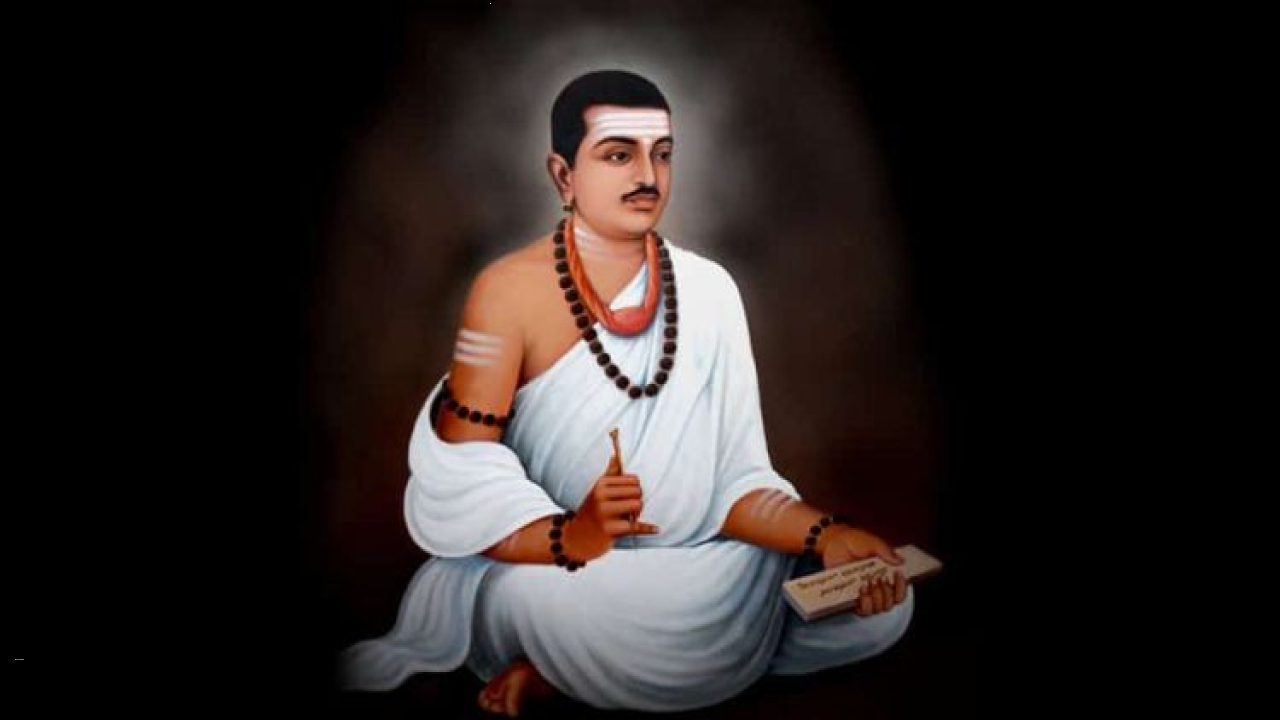Who was Basavanna?
Basava, also known as Basavanna, was a 12th-century CE Indian statesman, philosopher, poet, Lingayat social reformer, and Hindu Shaivite social reformer. He was born in a small village called Basavana Bagewadi in modern-day Karnataka. Basava is known for his social awareness campaigns through his poetry, popularly known as Vachanaas, which were written in Kannada.
Rejecting Discrimination and Superstitions
Basava was a vocal opponent of gender and social discrimination, superstitions, and rituals that were prevalent during his time. He believed that everyone, regardless of their birth or caste, should be treated equally. Basava introduced the Ishtalinga necklace, which was worn by every person, with an image of the Shiva Liṅga, to symbolize the equality of all individuals.
Condemning Sacrifices and Promoting Ahimsa
Basava was also a vehement opponent of human and animal sacrifices. He believed that the practice was barbaric and went against the principles of non-violence, or Ahimsa, which he promoted. Basava’s teachings and beliefs are still followed by the Lingayat community, which he is considered to have founded according to traditional legends.
Introducing New Public Institutions
Basava introduced several new public institutions during his time, one of which was the Anubhava Mantapa, also known as the “hall of spiritual experience.” The Anubhava Mantapa was a platform for people of all backgrounds to come together and share their experiences and ideas.
Literary Works and Legends
Basava’s literary works, including his Vachana Sahitya, are still widely read and celebrated in Karnataka. His ideas and teachings have also been passed down through traditional legends, such as the Basavarajadevara Ragale, which was written by the Kannada poet Harihara.
Basava’s life and ideas have been chronicled in several texts, including the sacred Telugu text, the Basava Purana, written by Palkuriki Somanatha. Basava is known by many names, including Bhaktibhandari, which means “the treasurer of devotion.”
Unveiling of Statues
Recently, Union Home Minister Amit Shah unveiled statues of both Basavanna and Nadaprabhu Kempegowda in Bangalore. Nadaprabhu Kempegowda was a feudal ruler who founded the city of Bangalore in the early 16th century. He was also known for his contributions to building temples, tanks, and other infrastructure in and around Bangalore.
Month: Current Affairs - March, 2023
Category: Awards, Honours & Persons in News







